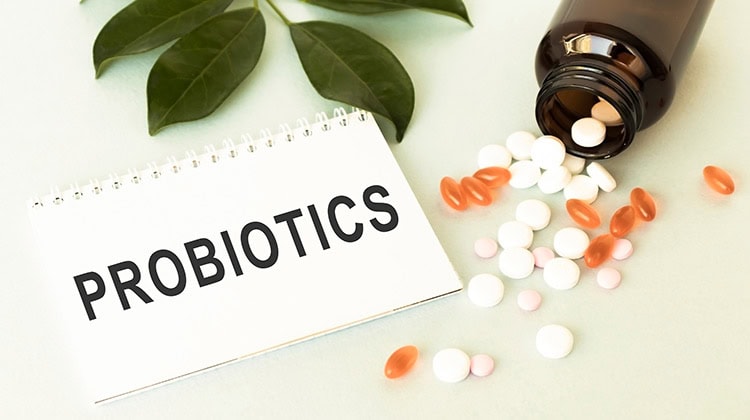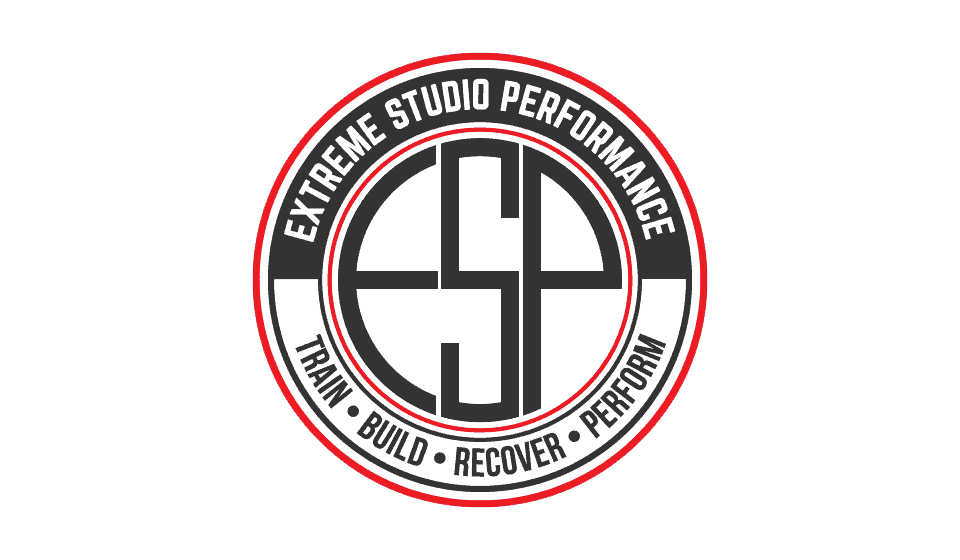
Our bodies are full of beneficial microorganisms that help us stay healthy. Sometimes, though, everyday things like stress, the foods we eat, or an illness can kill off some of those microorganisms. Other things, like taking antibiotics, can also destroy good microorganisms along with harmful bacteria. Supplementing with probiotics regularly can help restore those beneficial microorganisms. But when should you take probiotics so they’ll do the most good?
 What Are Probiotics?
What Are Probiotics?
Probiotics are microorganisms (microbes) that are beneficial for your body. There are many different varieties of probiotics. Lactobacillus species (such as L. acidophilus and L. rhamnosus) and Bifidobacterium species (like B. longum and B. breve) are well-researched and often recommended for overall health and wellness.
Probiotics are found in fermented foods and a variety of probiotic supplements. Usually, people take probiotics orally to help restore gut microbiomes. Probiotics may also help with preventing infections, reducing inflammation, and stabilizing mood, but there’s limited research on those potential benefits.
When Should You Take Probiotics?
Researchers have not reached a consensus on the best time to take probiotics. Some studies indicate that it’s best to take probiotics about 30 minutes before a meal, preferably breakfast, while other studies indicate there’s a positive effect whether you take them with food or on an empty stomach.
When you purchase a probiotic supplement, read the instructions on the label. Some tell you to take the supplement with food, some say to take it without food, and others say either way works. Make sure you follow the instructions on the label. Other than that, the biggest thing to focus on is making sure you take probiotics consistently. Taking them every day is more important than making sure you take them at a specific time during the day.
Is There Any Time You Shouldn’t Take Probiotics?
There are some things that you want to keep in mind for the timing of your probiotics. If you are taking antibiotics, ask your doctor if you should take probiotics at the same time or wait an hour or two between probiotics and antibiotics. It’s also best not to take probiotics at the same time you’re eating acidic foods like coffee, oranges, pineapple, or tomatoes. It’s better to take them before or during a meal where you’re eating a balance of healthy macronutrients (carbs, fats, and protein).
The most important thing to remember with probiotics is consistency. Once you decide on a supplement to take, use it every day and be sure to follow the label directions. A health professional, like your doctor or a nutrition coach, can help you find the right supplement to meet your needs and lifestyle.
